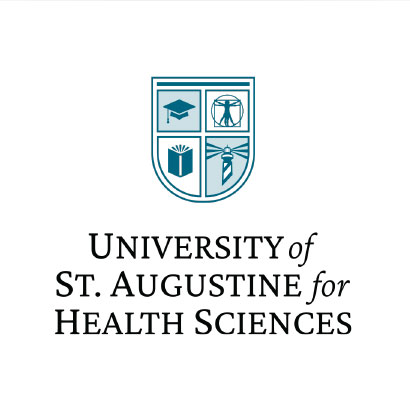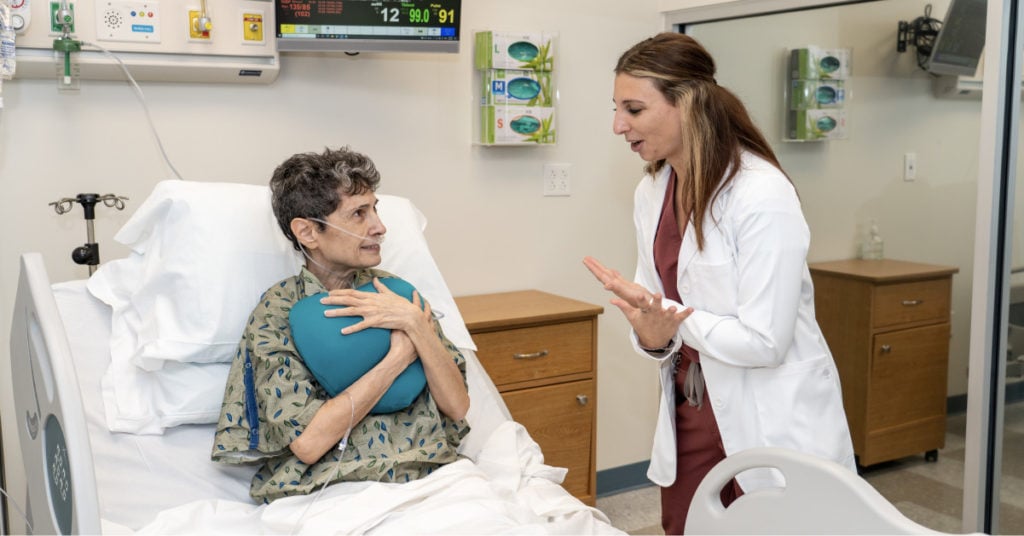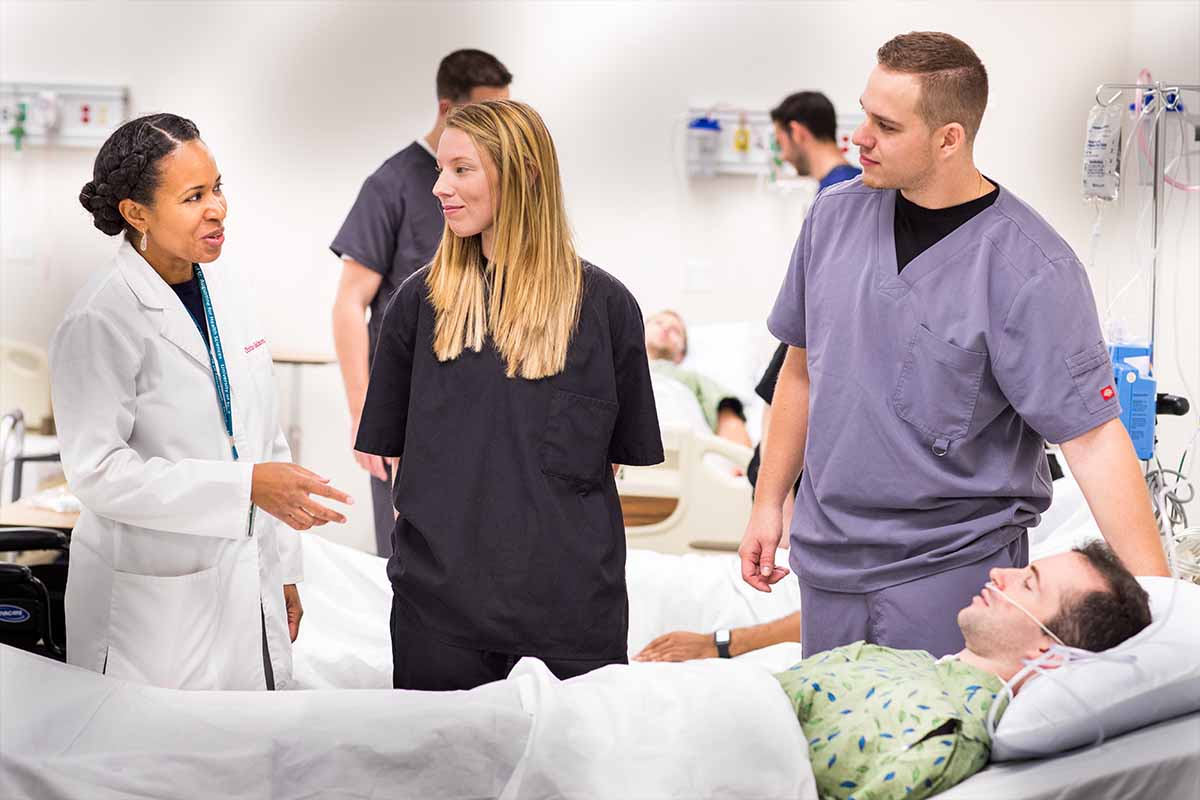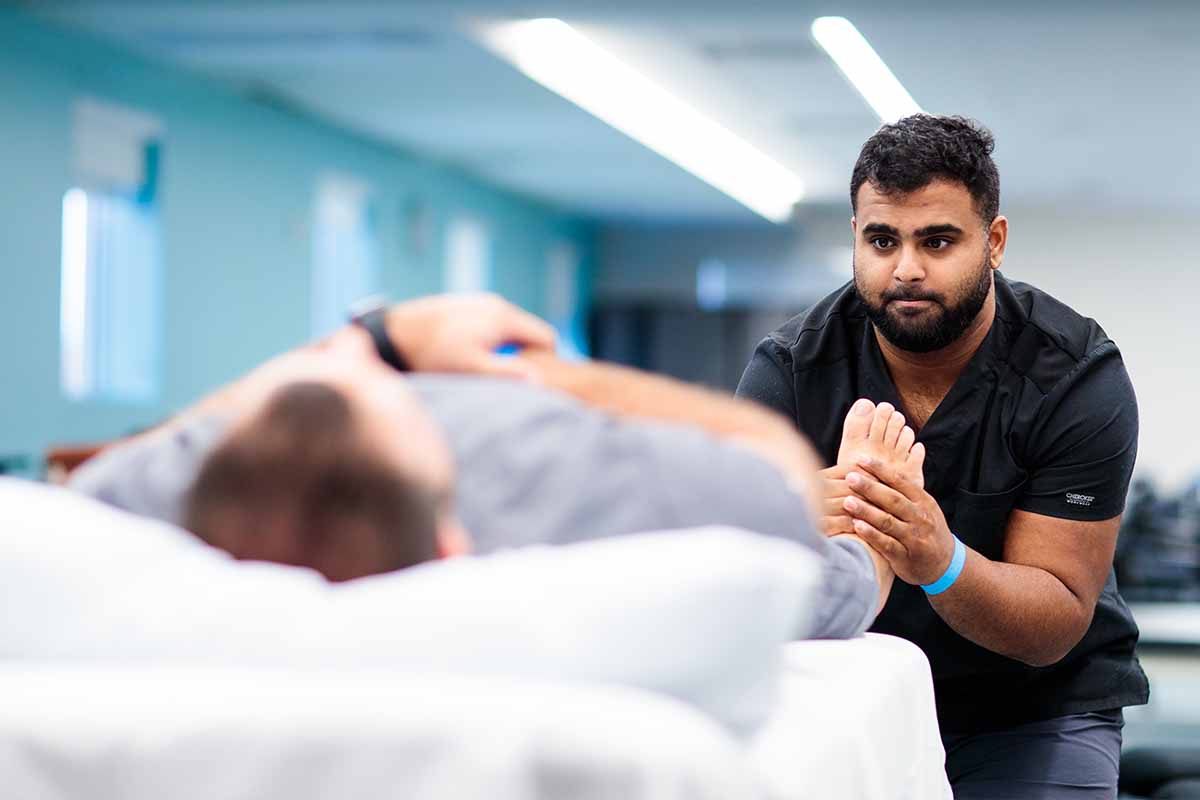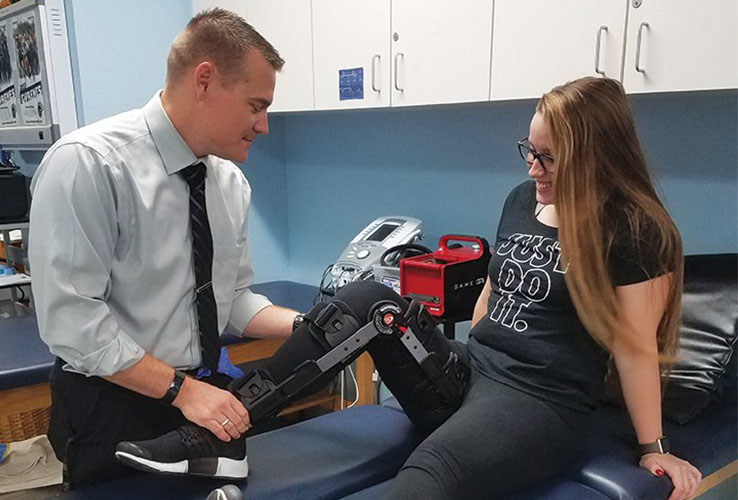

Most people know the physical symptoms of concussions: headache, nausea, vomiting, and balance problems. Universities across the country take this into consideration when deciding when an athlete can “return to play.” But concussions can also cause cognitive symptoms like trouble concentrating and retaining information.
He cites a 2014 study published in Canadian Family Physician that found nearly 45% of 159 school-aged students with concussions returned to school too soon and experienced recurrence or worsening of symptoms. “We know they need cognitive rest, but many students go right back to school,” Howard says.
To improve recovery for Ave Maria’s student athletes, Howard and the director of sports medicine implemented a multi-staged, return-to-learn policy last fall. Measures include everything from eliminating reading, television, and classes to taking extra breaks and having a note taker assist students throughout their recovery.
At Ave Maria, a basketball athlete who suffered a concussion a week before finals was one of the first students to benefit from the new policy. The university allowed her to postpone testing until January when she fully recovered.
Howard argues policies like this should be instituted for all student athletes. “Coaches and faculty must be educated about the cognitive symptoms student athletes face after a concussion,” Howard says. “Having a return-to-learn protocol not only does this, it also shows your investment in students’ long-term health.”
“Coaches and faculty must be educated about the cognitive symptoms student athletes face after a concussion. Having a return-to-learn protocol not only does this, it also shows your investment in students’ long-term health.”
Considerations for a Return-to-Learn Policy
COGNITIVE IMPACTS
For some, simply moving the eyes and head up and down to look at a classroom white board stresses a concussed brain. “Each student needs an individually tailored accommodation plan,” Howard says. “It’s not as cut and dry as return to play is.”
LINGERING SYMPTOMS
Returning to an academic setting too soon can prolong symptoms and delay recovery, putting athletes at risk for further injury.
LONG-TERM IMPACT
A delayed recovery can also lead to poor grades. “Not only can that affect athletes’ abilities to graduate, it can also affect their lifelong success as professionals.”
